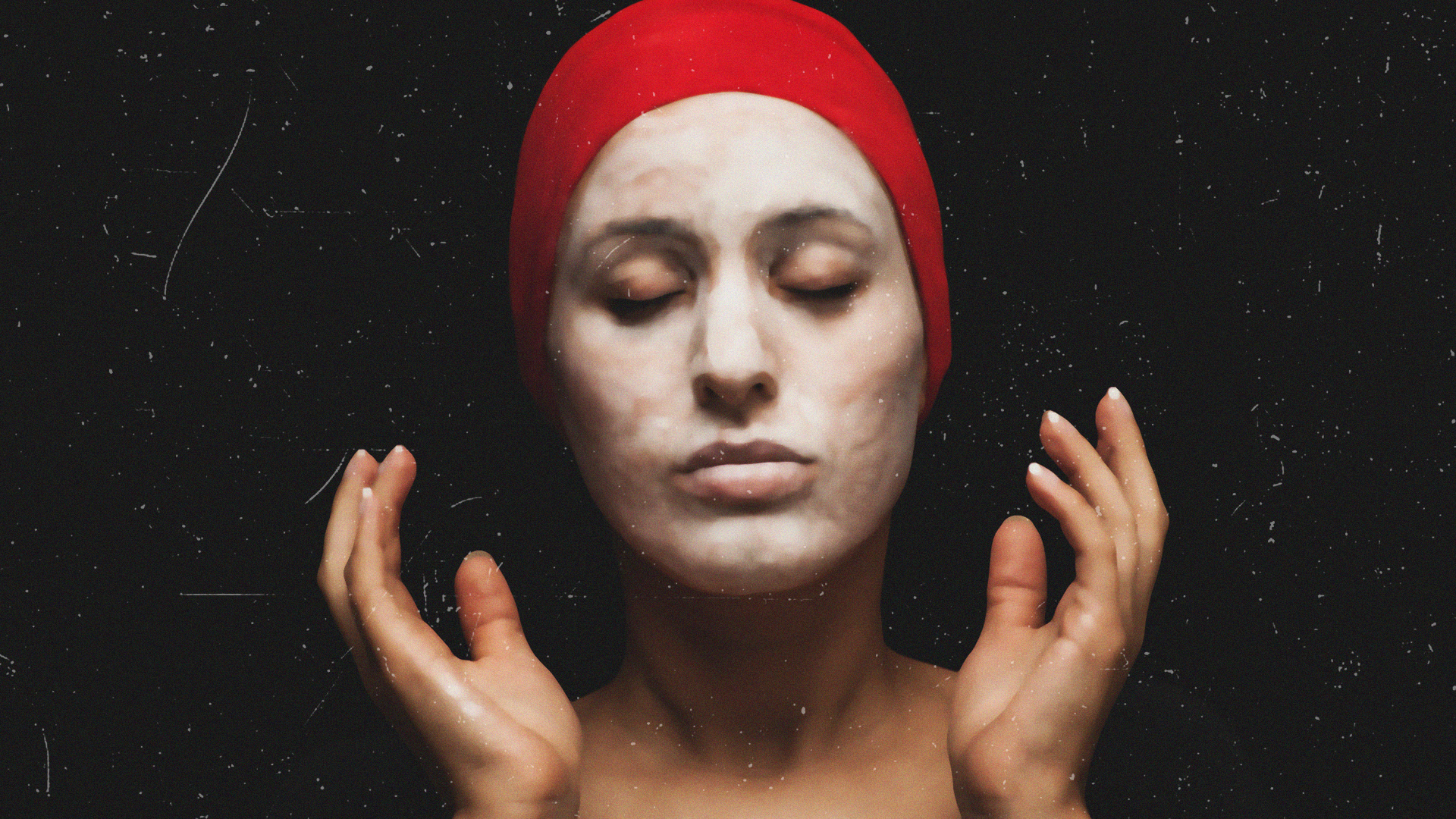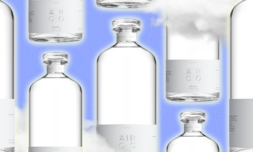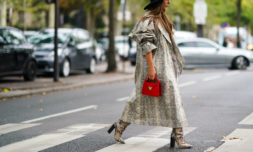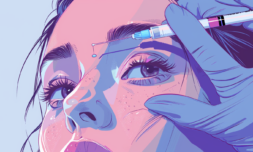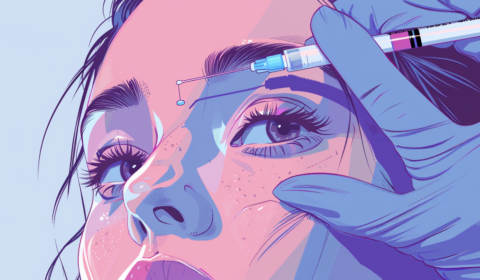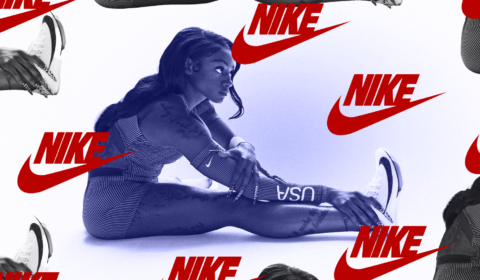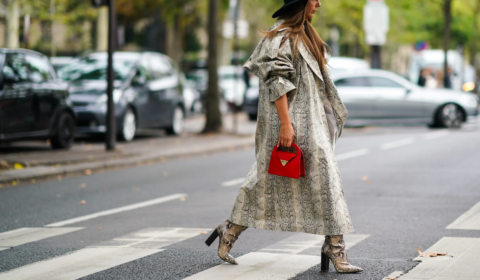Over the years, a handful of female celebrities (Jennifer Aniston, Christy Turlington, and Drew Barrymore come to mind) have taken a hard, public stance against tweaking their appearance drastically, if at all.
Most share the refreshing view that ageing is a ‘luxury,’ calling our faces ‘a map of our life – so the more there is, the better.’ They say instead that positive lifestyle habits – reducing stress, exercising, eating, hydrating, and sleeping well – should be everyone’s higher focus.
On the back of this, it’s become well-known to brands and beauty communities alike that Gen-Z’s approach to skincare is vastly different to their predecessors.
Rather than covering up blemishes or imperfections, younger generations subscribe to the ideology that less is more, preferring to let their faces breathe while using ingredient appropriate products best suited to their skin type.
As such, many brands have swapped ‘anti-ageing’ language for promises of a hydrated, plumped, and naturally glowing appearance – which are, in fact, the key things that help temporarily reduce the appearance of fine lines anyway.
Most dermatologists agree that anti-ageing creams have never offered more benefits than the moisturiser you’d lather over your face after cleansing. And when consumers started catching wind of this, the sale of these products dropped, starting with Millennials.
Beauty magazine Allure even banned the phrase ‘anti-ageing’ from its online and print publications. Cult-favourite retailer Sephora doesn’t use the term anywhere on its website, indicating a slow but sure rejection of these ‘scam-like’ claims.
Of course, we can’t ignore that cosmetic procedures like Botox and filler have continued to rise – so much so that people are going into debt over them – which suggests that our move away from anti-ageing ideals hasn’t exactly been one taken in full stride.
At the same time, non-invasive skin therapies like cooling rollers, lasers, micro needling, and radiofrequency have also boomed in popularity for offering similar effects. It appears that permanent solutions aren’t the goal here, rather a refreshed and rejuvenated appearance is.
So while our quest for the most youthful, glowing version of our skin hasn’t disappeared overnight – and brands have simply repackaged age-defying products as ‘ultra-hydrating’ – perhaps we should celebrate that the resounding message is no longer: ‘don’t you dare get old!’
There’s been a notable shift in the industry’s obsession with magic creams and age-defying serums, which have been redefined according to the time to instead bolster the beauty we already harbour at whichever age we’re at. That’s got to count for something.
Regardless of trends, ageing is an inevitable process that we should consider ourselves (at least somewhat) lucky for experiencing, even if we adopt every positive lifestyle change possible to slow it down.
It may be easy to lean into the mirror to examine a new wrinkle or sunspot and ask yourself whether that can be smoothed out or creamed away. It’s also normal to wonder if you’ll be okay with it when it can’t be.
If you find yourself in that situation, I’ll be disgustingly cheesy and leave you with a quote from Morgan Harper Nichols:
‘One day you’ll look back and see that all along, you were blooming.’









